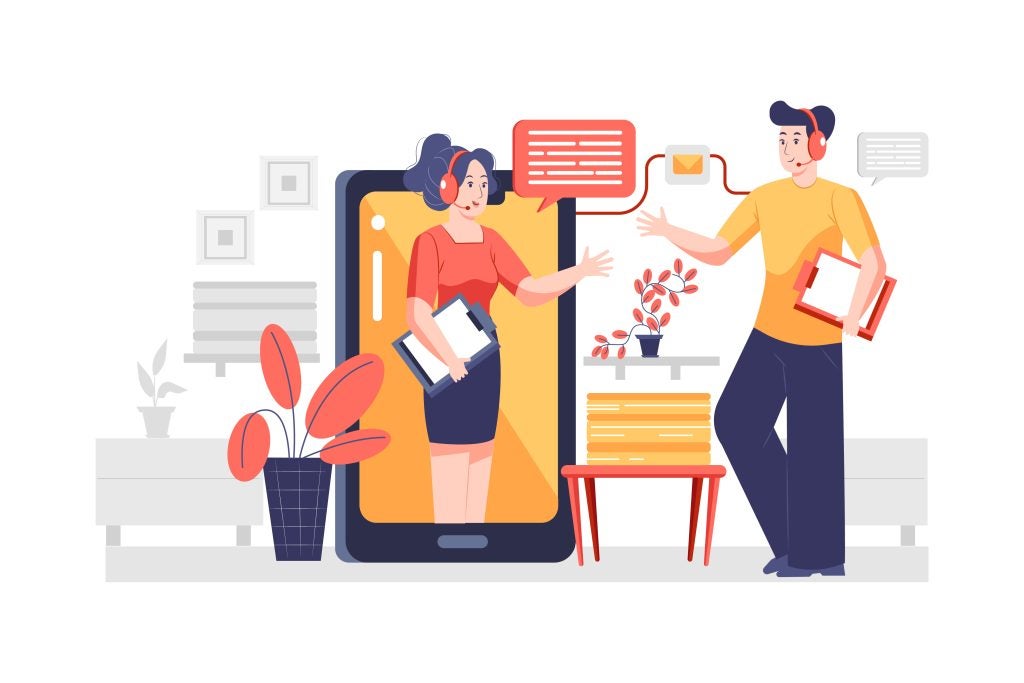
AI tools, whether it’s ChatGPT, Claude, or Replika, are no longer just task crunchers. They’re becoming pseudo‑coworkers. People are naming them (“Deborah,” “Claude”), thanking them, venting to them, all of which are signs of emotional reliance.
But here’s the catch: psychologists like Laura Greve warn that slipping into a routine of AI companionship can lead to “relational diabetes.” It’s like junk food: satisfying in the moment, convenient, but in the long run, it stunts our emotional and social skills.
Working with AI has its perks; it’s always available, unbiased, and gets stuff done fast. The downside? We risk losing human friction, the unpredictable interplay that makes for growth, creativity, and collaboration. Greve cautions that relationships with messy, moody humans are actually engines of personal and professional development.
More worrying still: over-reliance on AI could corrode the “social fabric” of our workplaces. Human bonds predicated on trust, creativity, and rapport might fray, and collaboration could suffer.
Emotional Bonds with AI Are Real (and Risky)
This isn’t sci-fi: employees are confiding in AI like trusted friends. The so-called Eliza effect, where users anthropomorphize AI,plays a big role. Apps like Replika are built for emotional support; people feel heard, understood, unjudged.
Short-term, AI may relieve loneliness. But researchers caution that long-term effects could include withdrawal from real human relationships, social substitution, and difficulty distinguishing the digital from the real.
Where Do Personalized Gestures Fit In?
If employees are leaning on AI for emotional connection, that’s a red flag and an opportunity. Here’s the play: meet them with human reciprocity.
Why Employee Recognition Matters
Recognition isn’t fluff, it’s emotional currency. Personalized recognition awards or thoughtful “you-get-this-because-you’re-you” gifts send a simple message: I see you. They build bonds, trust, and social connection, exactly what AI can’t.
Research backs this up — Gallup found that recognition is one of the most powerful drivers of employee engagement.
Consider a branded piece tied to their passions, or a creative “thank-you” package that references something they love. It’s not about extravagance, it’s about sincerity. A tailored recognition award becomes something they’ll cherish, talk about with peers, and feel.
Add “recognition awards” into your strategy, not just as external props but as social glue. And, hey, if you’re curious, you can browse some quality options in the link above.
A Balanced, Feel-Good Workplace Playbook
- Acknowledge the emotion
Start by naming what’s happening: yes, colleagues are leaning emotionally on AI. Let that be a conversation, as opposed to a dismissal. - Humanize the digital
Offer real, very human alternatives: peer-to-peer mentorship, check-in lunches, or casual “office coffees.” Let awkwardness and honesty back in. - Implement recognition rituals
Drop in small ceremonies or spontaneous shout-outs. Digitally or in-person, distributed with personalization. Recognition awards, genuine ones, as opposed to generic trophies, fuel connection. - Train leadership in emotional bandwidth
Leaders should model emotional risk-taking: sharing, listening, vulnerably admitting mistakes. It primes the social culture AI can’t simulate. - Use AI intentionally, not as a replacement
AI can handle grunt work. But flag when it’s replacing human interaction. Use AI with awareness. Don’t outsource empathy.
Example Narrative
Let’s imagine Pam in marketing, who’s leaned into ChatGPT for brainstorms and emotional play-by-play. Without realizing it, she’s turning less to teammates, and more to her digital buddy. We spot this pattern and spark a pivot:
- Drop by for a coffee chat. Ask: “What’s making your work feel alive right now?”
- Present her with a personalized recognition award: a small plaque reading: “Pam – for lighting our brainstorms with originality & heart.”
- This gets noticed, not by a screen, but by team.
- Pam resets, re-engages. She collaborates again, not with Deborah the bot, but with real people.
Short-term, productivity stays strong. Long-term, connection, trust, creativity rebound.
Why This Works
It’s all about emotional nutrients. AI is fast food, irresistibly easy. But teams need real food: authentic, messy, unpredictable social exchange. Those are the soul foods of innovation and loyalty.
Recognition awards; personal, human-savvy tokens, act like emotional vitamins. They signal care, encourage reciprocity, and keep the social muscles primed, even in an AI-saturated world.
Wrap-Up
Yes, AI in the workplace is powerful, but emotional reliance on it comes with a hidden cost: “relational diabetes.” We need to recalibrate. We combat bland emotional diets with meaningful human interaction, and one powerful lever is personalized recognition awards.
They say: “You matter. Not to an algorithm. To us.” And that message might well preserve both our emotional intelligence and our competitive edge.

